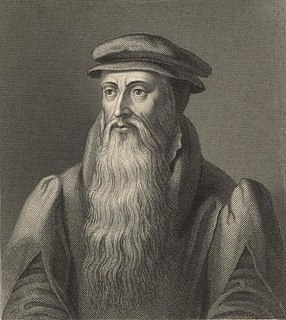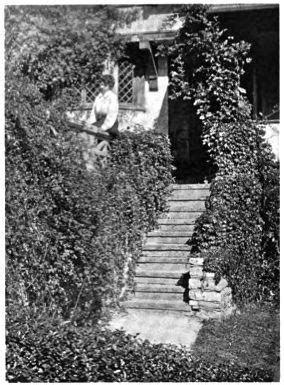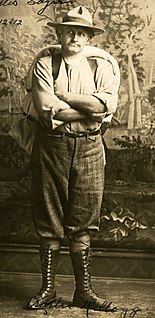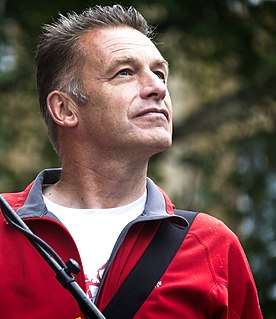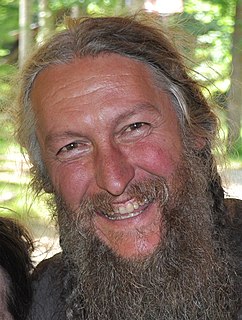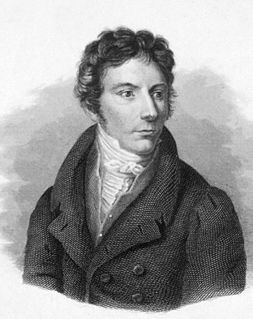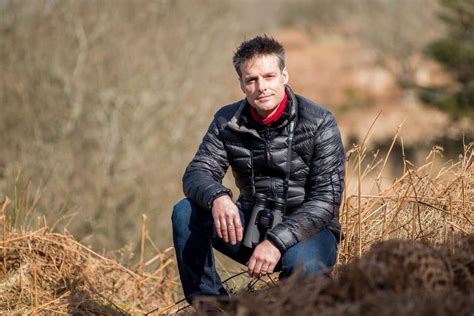A Quote by Alexander von Humboldt
It is a proverbial expression that every man is the maker of his own fortune, and we usually regard it as implying that every man by his folly or wisdom prepares good or evil for himself. But we may view it in another light, namely, that we may so accommodate ourselves to the dispositions of Providence as to be happy in our lot, whatever may be its privations.
Related Quotes
In whatever area in life one may meet the challenges of courage, whatever may be the sacrifices he faces if he follows his conscience - the loss of his friends, his fortune, his contentment, even the esteem of his fellow men - each man must decide for himself the course he will follow. The stories of past courage can define that ingredient - they can teach, they can offer hope, they can provide inspiration. But they cannot supply courage itself. For this each man must look into his own soul.
The general consent of all that sect is that God (by his foreknowledge, counsel, and wisdom) has no assured election, neither yet any certain reprobation, but that every man may elect or reprobate himself by his own free will, which he has (say they) to do good or evil ... [All these things are] forged by their own brains, and polished by the finest of their wits, when yet in very deed they are but the rotten heresies of ... Pelagius, long ago confuted by Augustine.
No man is so foolish but may give another good counsel sometimes; and no man is so wise, but may easily err, if he will take no others counsel but his own. But very few men are wise by their own counsel; or learned by their own teaching. For he that was only taught by himself had a fool to his master.
What a man does, that he has. What has he to do with hope or fear? In himself is his might. Let him regard no good as solid but that which is in his nature, and which must grow out of him as long as he exists. The goods of fortune may come and go like summer leaves; let him scatter them on every wind as the momentary signs of his infinite productiveness.
Here is the true meaning and value of compassion and nonviolence, when it helps us to see the enemy's point of view, to hear his questions, to know his assessment of ourselves. For from his view we may indeed see the basic weaknesses of our own condition, and if we are mature, we may learn and grow and profit from the wisdom of the brothers who are called the opposition.
Pain and pleasure, like light and darkness, succeed each other; and he that knows how to accommodate himself to their periodical returns, and can wisely extract the good from the evil, knows only how to live: this is true contentment, at least all that is to be had of it in this world; and for this every man must be indebted not to his fortune, but to himself.
Whatever man may stand, whatever he may do, to whatever he may apply his hand - in agriculture, in commerce, and in industry, or his mind, in the world of art, and science - he is, in whatsoever it may be, constantly standing before the face of God. He is employed in the service of his God. He has strictly to obey his God. And above all, he has to aim at the glory of his God.



